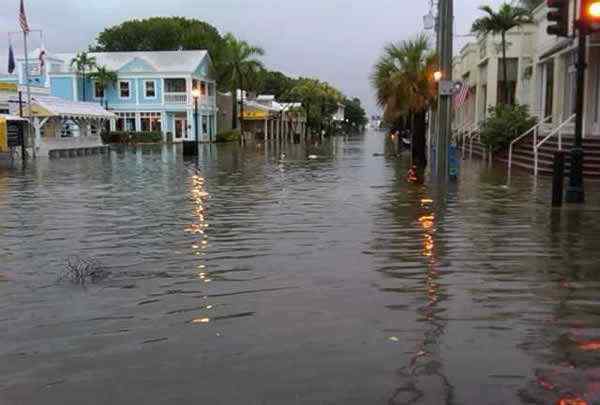
Caribbean government leaders are coming home from Paris with two big wins after a landmark global climate accord Saturday offered hope against rising seas. “For the first time in a long time, our concerns were being heard.”
“I can now go back to St. Lucia and tell our young people that their future looks much better today than it did two weeks ago,” James Fletcher, St. Lucia’s minister of public works, told the Antillean Media Group.
The COP21 agreement comes at the end of the hottest year on record. Nearly 200 nations agreed to a goal to limit warming to "well under" 2 degrees Celsius (3.6 degrees Fahrenheit). Small island nations held out for wording in the 31-page document that says all nations will “pursue efforts to limit the temperature increase to 1.5 degrees.”
“The science is clear,” said Dominica’s Irwin LaRocque, secretary general of the Caribbean Community and Common Market. “If [1.5 degrees] is not attained, it would beyond our capacity to adapt. For us in CARICOM that translates into a matter of survival.”
The accord also provides a commitment from developed nations to provide financial resources as island states transition to cleaner energy and prepare for the impact of climate change.
The deal involves a groundbreaking set of plans by 186 countries that map ways to reduce domestic greenhouse gas emissions by 2025 or 2030, The New York Times reported.
Outside
Bitcoin mining emissions in China will hit 130 million tonnes by 2024 https://t.co/w6He7so8N2 pic.twitter.com/qYUDtBdeRK
— New Scientist (@newscientist) April 9, 2021
The Gunk Report
For the Blue-Green Algal Bloom Weekly Update from the Florida Department of Environmental Protection, tap here. For DEP's Algal Bloom Sampling Map, tap here.
What, me worry?
» "PLAYING WITH SHARKS," which recently premiered at the Sundance Film Festival, documents diving legend Valerie Taylor.